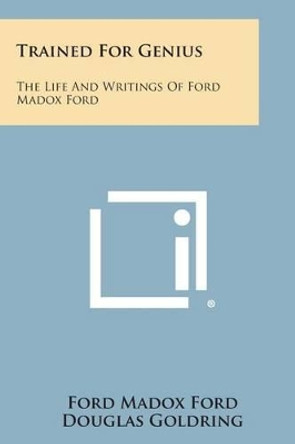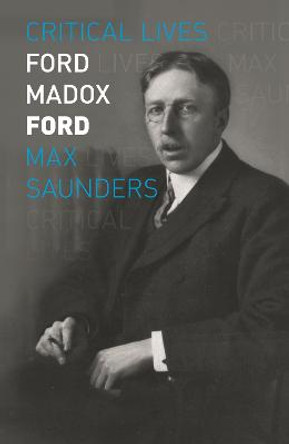Description
Some Do Not (1924) is a novel by Ford Madox Ford. Set during the First World War, the novel is the story of Christopher Tietjens, a brilliant statistician and wealthy aristocrat known as "the last Tory." As he moves from a faithless marriage into an affair of his own, eventually volunteering to fight under dubious-perhaps suicidal-motives, Tietjens appears both symbolic and tragically human, a casualty of a dying era dedicating its final breaths to death, despair, and destruction. Adapted for television twice-a 1964 series starring Ronald Hines and Judi Dench, as well as a 2012 series starring Benedict Cumberbatch and Rebecca Hall-Parade's End is essential to Ford's reputation as a leading novelist of the twentieth century. In the words of W. H. Auden, "There are not many English novels which deserve to be called great: Parade's End is one of them." In the years of tenuous peace leading up to the Great War, Christopher Tietjens is known as a brilliant man with a distinguished past and a promising future ahead of him. Behind his successful facade, however, he devotes himself to work in order to avoid confronting his unfaithful wife Sylvia, a prominent aristocrat. Additionally, Tietjens finds himself alienated by a modernizing Britain, which no longer seems to belong to the landed gentry from whom he descends. Caught up in a passionate affair with a beautiful young Suffragette, despairing over his marriage and social life, he decides to enlist in the army at the onset of war with Germany, leaving his peers-but not his past-behind. With a beautifully designed cover and professionally typeset manuscript, this edition of Ford Madox Ford's Some Do Not is a classic work of British literature reimagined for modern readers.
About the Author
Ford Madox Ford (1873-1939) was an English novelist, poet, and editor. Born in Wimbledon, Ford was the son of Pre-Raphaelite artist Catherine Madox Brown and music critic Francis Hueffer. In 1894, he eloped with his girlfriend Elsie Martindale and eventually settled in Winchelsea, where they lived near Henry James and H. G. Wells. Ford left his wife and two daughters in 1909 for writer Isobel Violet Hunt, with whom he launched The English Review, an influential magazine that published such writers as Thomas Hardy, Joseph Conrad, Ezra Pound, and D. H. Lawrence. As Ford Madox Hueffer, he established himself with such novels as The Inheritors (1901) and Romance (1903), cowritten with Joseph Conrad, and The Fifth Queen (1906-1907), a trilogy of historical novels. During the Great War, however, he began using the penname Ford Madox Ford to avoid anti-German sentiment. The Good Soldier (1915), considered by many to be Ford's masterpiece, earned him a reputation as a leading novelist of his generation and continues to be named among the greatest novels of the twentieth century. Recognized as a pioneering modernist for his poem "Antwerp" (1915) and his tetralogy Parade's End (1924-1928), Ford was a friend of James Joyce, Ernest Hemingway, Gertrude Stein, and Jean Rhys. Despite his reputation and influence as an artist and publisher who promoted the early work of some of the greatest English and American writers of his time, Ford has been largely overshadowed by his contemporaries, some of whom took to disparaging him as their own reputations took flight.
Book Information
ISBN 9781513133362
Author Ford Madox Ford
Format Hardback
Page Count 296
Imprint West Margin Press
Publisher West Margin Press










